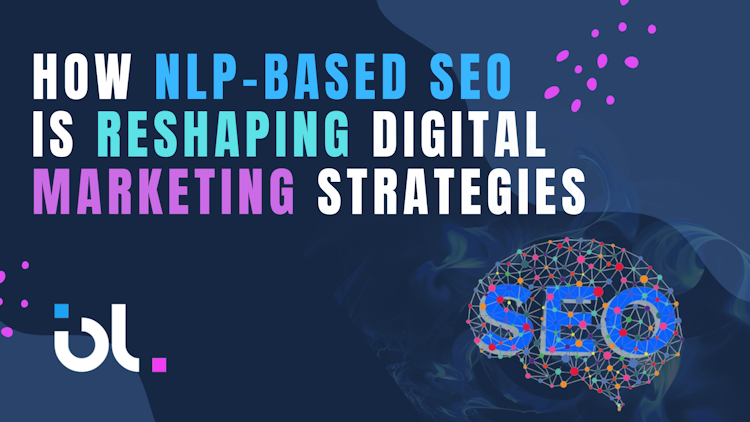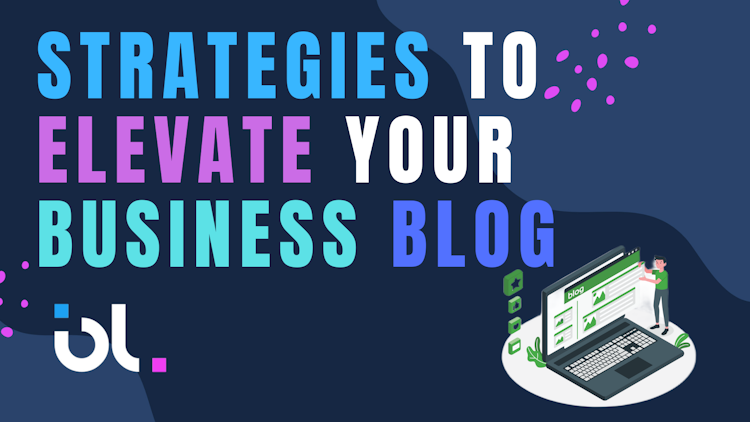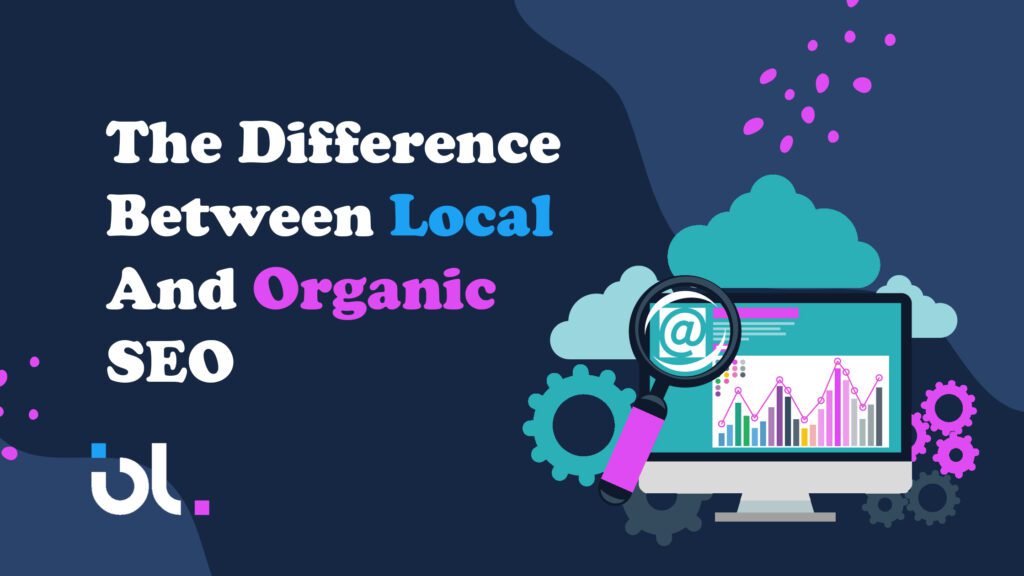What Is Organic SEO?
Target Audience – Your customers can be located anywhere in the world so long as they have internet access.
Devices – Organic traffic can come from searches made on a desktop, or Smartphone.
Search Terms – keywords are used to target the needs of your customers.
Customer Intent – The aim of the user is often general and the intent can be for something in any geographical location.
Desired Search Results – Users are looking for websites and featured snippets with concise answers to a query.
Time Sensitive Search – With organic SEO you don’t know if the query is urgent, or if it is a general search. You can use a combination of time-specific and non-time-specific SEO.
Conversions – Site clicks and online sales.
Conversion Rate – Users rarely look beyond the first page of search results, and with organic SEO only the top search results have a high conversion rate.
When and How to Use Organic SEO Strategy
Organic SEO is good for online businesses or other businesses that generate sales through their website. If you can sell online, or anywhere in the world, if you can ship your products, or offer your services to a wide geographical area (a state, country, or region) then an organic SEO strategy will work for you. Using organic SEO you can generate relevant traffic, and gain authority in the eyes of Google. Google will rank your site high in the search results if your site has authority and authenticity. If your organic SEO strategy is good enough, you won’t need to spend money on paid Google ads. Another benefit of organic SEO is that it is easy to measure.
To optimize your website for organic searches:
- Identify your target audience and their needs.
- Then determine the words they use to search for what they need.
- Implement those keywords in your SEO plan and your content. Create content specifically for those keywords.
- Using keywords in your content is not enough. You need to also include them in your title, page description, image title, image alt text, and other metadata. This will help Google pick up on your relevance to the query.
- Create external links to sources with authority in your niche.
- Keep your content updated to ensure it is always the most relevant answer to a specific Google search term. And add new content regularly, using the features Google loves like subheadings, questions, and lists.
What Is Local SEO?
Target Audience – Customers are local, in a specific geographical area.
Devices – Local searches are usually made on a Smartphone
Search Terms – Although keywords are used in local SEO they contain a local component that refers specifically to something nearby. For example, “near me”, “Tom’s supermarket” or “supermarkets in Oxford”.
Customer Intent – When you have a local SEO strategy you’re targeting users that are looking for relevant locations, products, or services nearby, now.
Desired Search Results – Users want to see results that are specific to their geographical location and products/services nearby or reviews of nearby products/services/businesses.
Time-Sensitive Searches – Users making a local search are looking for an immediate solution to a query.
Conversions – Route planning, site clicks, contact by phone or in person at the physical location of the business.
Conversion Rate – Users making local searches are looking for something specific that they need NOW. They are ready to buy so with local SEO the conversion rate is very high.
When and How to Use a Local SEO Strategy
If you want to improve the online visibility of your business in a specific geographical location, and target users searching for products and services nearby, then build a local SEO strategy. Local SEO will work for businesses that do all or most of their transactions locally or generate sales from their physical location, as well as online. If the query includes terms like “near me”, “open now” or if they mention a city by name, then Google will prioritize sites that use those specific SEO keywords. In local searches, Google will rank sites highly based on relevance, distance, and authority. As people become more reliant on Smartphones, local search queries are becoming increasingly relevant.
To optimize your website for local searches:
- List your company profile on Google My Business and all relevant mapping platforms.
- Verify that your name, address, phone number, and open hours are correct and consistent across the web.
- Get your company listed on as many platforms as possible such as Facebook, Yelp, Trustpilot, etc. These “citations” will help you gain authority and the trust of your customers.
- Use keywords that include the name of the geographical location, local businesses, local landmarks, local events, or terms like open now, near you, nearby, and now.
Which Is Best For Your Site – Organic SEO or Local SEO
Google will deliver organic search results showing the most query-relevant websites. Only when a search engine identified a user query as “local” will it substitute the organic results with local. You could use organic SEO combined with local SEO or use one of them, depending on your business and purpose. If you have a brick-and-mortar business then local SEO is the way to go. But your customers might also be making more general searches that would be answered by organic search results and still lead to your business. And you would be able to reach a wider range of customers by including organic SEO with your local SEO. On the other hand, if your business is remote, and doesn’t rely on a physical location, then organic SEO is all you need. But you could also increase your reach by including SEO for multiple locations. The bottom line is that a clever combination of local and organic SEO strategies will benefit most businesses.




